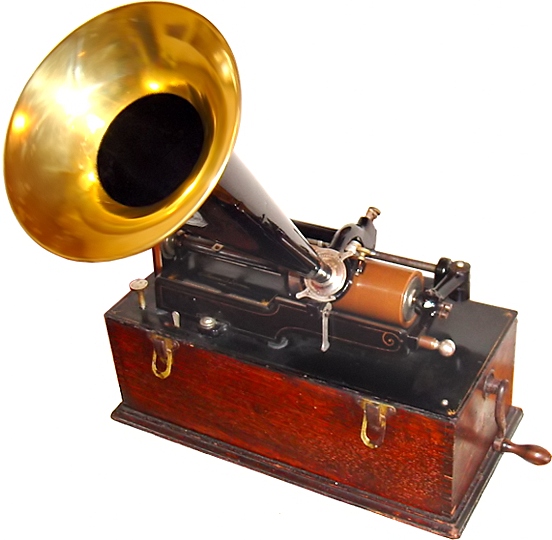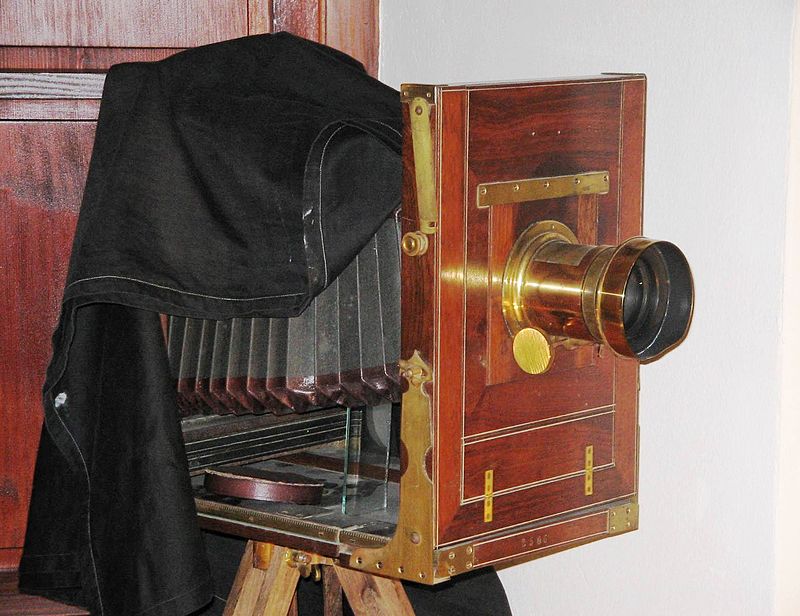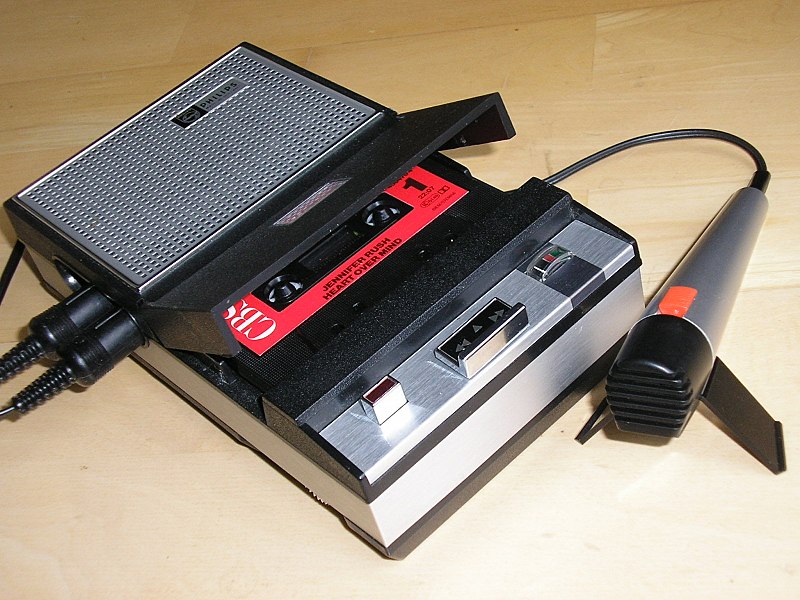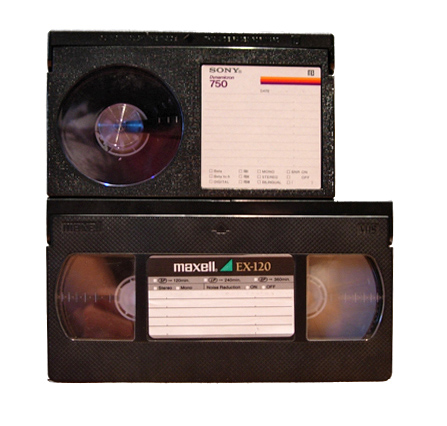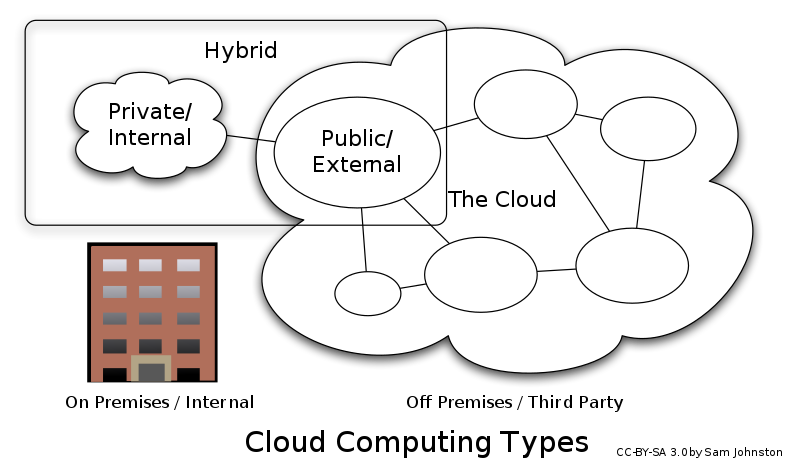Updates
October 25, 2013: Great article in Salon from a couple of days ago on How Amazon and GoodReads Could Lose Their Best Readers.
September 20, 2013: Amazon has started deleting reviews for other members and also deleting shelves, without notice or warning. Visit this announcement thread for more particulars: Important Note Regarding Reviews
And here I’ve quoted one of the best of the posted feedback messages from Wendy Darling:
I’ve been thinking about what I want to say since this announcement went live, and I almost said nothing–because at this point, it seems obvious this Feedback thread, like countless others before it, is pretty futile anyway.
I want to be clear: my opinion and decisions are a matter of principle rather than a matter of being directly affected. I’ve been pretty careful about my shelving and still stand by every single review I’ve written, and as much as I don’t care for the idea of policing shelves, I respect GoodReads’ right to change its TOS.
But like most people, I am absolutely appalled that user content has been removed without warning. What was the purpose of that? Why was it so dangerous to allow people the opportunity to edit their shelves and reviews? What would you think if you heard that Twitter was removing user content without notice, or policing your lists? Why aren’t private shelves an option? And most importantly, who was this gesture meant to impress or appease?
To make matters worse, to hear the language that was used in the email that Steph Sinclair and others got chiding them for operating in a way that wasn’t “in the spirit of GoodReads” is infuriating. The amount of time, thought, and dollars that goes into writing reviews and maintaining a blog is enormous, and all those people do it purely because of their generosity of spirit. To use that kind of language is a huge slap in the face, and diminishes the tremendous amount of good that those reviewers do for books with the positive reviews and features they produce. I am astonished that unpaid reviewers are constantly expected to take the feelings of professionals into account, when those who point the fingers at them don’t take 5 minutes to do simple research into the type of reviewers they are. I suspect that this move comes on the heels of several ill-conceived, agenda-driven, poorly-researched posts from Nathan Bransford and Salon and Huffington Post, but it seems that no one also weighed in the backpedaling that was done after those posts were published.
Both positive and negative reviews are an important part of a site like this (it’s the reason why so many of us have trusted its reviews until now) and I wish authors would understand that this site as a goldmine of market research. There is a huge opportunity here to learn about reader habits, discover strengths and weaknesses in their work, etc. But because a handful of vindictive authors are unable to separate their work from their egos, and because they fail to understand how to engage appropriately in the marketplace, GoodReads has become an increasingly hostile place. As the lines between personal space and community hangout and author advertisements continue to blur, the message that GoodReads is sending with this action is that this is NOT a safe haven for readers at all. It has taken ages for them to acknowledge any inappropriate behavior from its authors, and there is still a disingenuous lack of sync between what users are told and what is presented to authors, as evidenced by the screenshots we’ve seen in the last day or so. I have never expected GoodReads to come out strongly in defense of specific, and extremely damaging, attacks on their users by the authors that they court for advertising. But I did expect that they would minimally keep their promise to protect the rights of their users.
There are an alarming number of friends jumping ship to other sites. For myself, I’m not sure what I’m going to do yet. But I do know that I’m probably going to start treating this site merely as a cataloging tool. I’ve always interacted here as part of the community, not as a place to serve my own agenda or ego, but I am not comfortable with investing so much energy into a place that feels it can yank my reviews and shelves without notice. (I mean, obviously any website can. But should it?)
Right now, I’m considering a number of options, including:
— only posting a star rating and brief reaction, with a link to my blog for the full review
— unchecking the “feed to GR affiliates” option
— no longer making any librarian edits that don’t specifically benefit me
— taking my profile privateWhat’s ironic is that when this announcement went live, I was in the middle of planning a post acknowledging a milestone that I passed on GoodReads a couple of weeks ago. I have never put much stock into numbers and rankings, but 10,000 friends and followers did feel like something to celebrate. But all that seems pretty meaningless now.
Last note: I’m very glad Carolyn Crane and a handful of other authors have spoken up. There are a ton of notable authors who have voiced their negative reactions to this new policy on Twitter, but I hope they will also step forward to chime in here, where it counts. There are a lot of users eyeing an exit, because positive sunshiney conversations are only of interest to people who don’t actually read, or who don’t engage in analytical thought–and the loss of people who post critical reviews also means you’re losing a countless number of positive reviews as well.
As reviewer rights erode and as the trend of stifling conversations continues, it seems that GoodReads is becoming a place that is no longer a safe or trustworthy place for readers. And that makes me sadder than I could possibly ever express.
As a result of her post and the rest of the feedback to GoodReads most recent shocking actions, I’ve created an account at BookLikes and have started the import process of my books, reviews and shelves. I’m keeping my fingers crossed that the import completes successfully.
August 6, 2013: Today, I received the following e-mail from GoodReads:
Hello Jon,
Several of your reviews were recently flagged as self-promotional in nature by other Goodreads members. As these reviews seemed to be solely an advertisement for your blog (and did not discuss the book), they have been removed from the site. If you’re trying to promote your site, we would suggest reviewing the books on Goodreads itself and simply linking to your blog at the end of each review.
Sincerely,
The Goodreads Team
(sent via the support@goodreads.com e-mail address)
I replied promptly from my Android smartphone:
Be honest. You removed them because I called Goodreads on the carpet about being bought by Amazon. And now you’ve proved my point by removing my reviews.
Thanks for providing more proof of Amazon’s continuing nefarious acts.
Jon Moss
I checked my review count on my profile at GoodReads. This morning I had 355 reviews. After I received this e-mail I had 266. Nearly ninety (90) reviews deleted. Most of them contained a single paragraph as follows:
Due to the acquisition of GoodReads by Amazon on March 28, 2013 and my existing and continuing boycott of all things Amazon, the review I wrote after reading this book has been relocated to my blog and can be found in its entirety by following this link:
I shouldn’t be shocked, but I am. I shouldn’t be hurt, but I am. My intention wasn’t to self-promote my blog. I’m just a small fish in the huge ocean of the internet bloghood. My intention was to make people aware that Amazon is not your friend.
July 26, 2013: After a nearly six week hiatus, Otis showed back up in the GoodReads Feedback group commenting on integration between Amazon Library and GoodReads. He’s still trying to reassure the ‘readers’ at GoodReads that’s there’s nothing untoward happening behind the green curtain.
June 11, 2013: Not entirely related to GoodReads, but definitely about Amazon, as reported by Publishers Weekly from the Apple Trial: Rupert Murdoch Wanted to ‘Screw’ Amazon
June 9, 2013: Belated Update (originally published by Otis on May 22, 2013): An FAQ on Amazon’s Acquisition of GoodReads. And, as I suspected, my data at GR is now Amazons:
Will Amazon have access to my Goodreads data?
Yes, as a subsidiary of Amazon, we can share data as appropriate under our privacy policies. How does this impact you? Primarily in two ways:
* Amazon and Goodreads could use the data to look for ways to offer you a better service on one or both sites. For example, by providing you with personalized advertising based on your reading tastes (similar to the advertising we already have on Goodreads).
* Amazon and Goodreads could analyze the data to see what kinds of new features or services might be useful on one or both sites.
So my campaign to sabotage my data is vindicated. I will continue to move reviews here to my blog and unrate books at GoodReads. My apologies to my GoodReads friends and followers. In the case where I decide not to review a book, I will leave my GoodReads rating initially after I finish reading it, but will eventually unrate the book to continue corrupting the data Amazon collects from me via GoodReads.
I have no plans to leave GoodReads, as I enjoy the groups too much and the interactions with reading friends.
May 9, 2013: While not specifically related to the Amazon buyout of GoodReads, this morning’s article in the Huffington Post reveals continuing nefarious deeds of the etailer behemoth.
A link to the Huffington Post article: “Amazon Warehouse Workers Sue Over Security Checkpoint Waits”
And should the above link ever break, I printed out the article to a PDF available here: “Amazon Warehouse Workers Sue Over Security Checkpoint Waits”
April 19, 2013: Not that I’m an Apple fan (aside from the apples that I can each autumn), but apparently Amazon nixed any hopes of seeing GoodReads integration in iBooks with their deal: Amazon-GoodReads deal quashed Apple iBookstore plans
April 15, 2013: Another interesting article coming out of the London Book Fair: Is Amazon Good or Bad for the Publishing Industry?
April 14, 2013: I find it interesting that Otis has been mostly absent from the GoodReads site since making the announcement late in March. To see what I mean, check out this link to his GoodReads account’s comment activity in the GoodReads Feedback group. I’m going to hold him personally responsible for the last sentence in this comment:
Breaks my heart to see BunWat leave.
I don’t know her well enough to know her reasons, but I will just guess she isn’t a fan of Amazon. While I don’t expect everyone to love this decision, I believe it will be a very good thing for the vast majority of readers, and think Goodreads has a very bright future in front of it. I’ve had the pleasure of meeting the people at Amazon, and have found them to be good, bookish people that are excited about creating a better future for readers and authors.
One thing I am sure of: I expect to prove to you all over the coming months and years that this will be good for Goodreads, for readers, and for authors.
— Otis Chandler, CEO, Goodreads (emphasis added).
Only time will tell.
April 12, 2013: Just read this article via a Publishers Weekly Tweet: Booksellers Urge Court Not to Toss Amazon E-Book Suit
April 9, 2013: Decided I should probably link to this post from my snub stubs at GoodReads, since this post is no longer sticky and will quickly get buried in the tide of migrating reviews from GoodReads.
April 2, 2013: Changed this post from a sticky post. For an explanation of my star ratings, please visit my ‘Two Stars or Not Two Stars‘ blog post.
April 1, 2013: In addition to relocating my reviews here from GoodReads and leaving behind a stub link, I am stripping the ratings from my GoodReads reviews as well. I’m manually entering the rating in the review with the link, but clearing the actual star rating from the GoodReads database.
I apologize to my author friends. GoodReads was the only place I rated and reviewed books. Now the only place I will do that is here, in this Amazon-free zone.
To make it easier to find the book reviews and ratings, I modified my menu (see above) to include a Ratings area. The Reviews menu has been expanded to include Fiction and Non-Fiction items under the Books submenu.
March 31, 2013: I wanted to pass along a good article I just read published at Salon entitled ‘Amazon buys GoodReads: We’re all just data now.’
∞∞∞
Original Post from March 30, 2013:
 Yesterday, GoodReads announced ‘exciting news‘ to it’s community of volunteer librarians, reviewers and readers. Otis and Elizabeth and the rest of the GoodReads team had agreed to joining the Amazon family. Of course, they were excited. They sold out the only vibrant independent reliable source of book reviews and recommendations for cold hard cash in their pockets (rumor has it the sum could be over one billion dollars).
Yesterday, GoodReads announced ‘exciting news‘ to it’s community of volunteer librarians, reviewers and readers. Otis and Elizabeth and the rest of the GoodReads team had agreed to joining the Amazon family. Of course, they were excited. They sold out the only vibrant independent reliable source of book reviews and recommendations for cold hard cash in their pockets (rumor has it the sum could be over one billion dollars).
I heard the news late in the day and immediately felt sick to my stomach, disappointed and angry. After reading comments on the blog post referenced above and other threads in many discussion groups on GoodReads, I was not alone in my reaction.
I make no secret of the fact that I boycott all things Amazon. I have similar feelings about other modern-day monopolies (like Microsoft and Adobe). I have not purchased a book or an ebook from Amazon in years. I own a Nook and an Android smartphone. I support open source software initiatives and net neutrality.
The first thing I did last night when I had calmed down enough to see clearly and think coherent thoughts was to export all my book data and reviews from GoodReads.
The second thing I did was to think about what to do with the hundreds of reviews I’ve written over the last five years and posted at GoodReads. Some of these reviews were re-published here on this blog. I do not want Amazon to profit from my time and effort in crafting those reviews.
So, to thwart the juggernaut, however infinitesimally, I plan to remove each review from GoodReads and repost it here. One of the first hurdles I will need to overcome is finding a different non-Amazon source for book covers. I will leave behind a short explanation where my GoodReads review previously resided together with a link to the blog post housing the transported review.
What sort of an explanation should I leave behind? I’ve been mulling over a few sentences while driving home and during dinner. Let me try a few of them out here:
Due to the acquisition of GoodReads by Amazon on March 28, 2013 and my existing and continuing boycott of all things Amazon, the review I wrote after reading this book has been relocated to my blog and can be found in its entirety by following this link …
After Amazon devoured GoodReads on March 28, 2013, this review fled the postapocalyptic and dystpoian writing on the wall and sought sanctuary at my blog’s refuge …
Fear not! I bring you tidings of great joy. My review escaped the clutches of Amazon and can be found, safe and sound, at my blog …
I haven’t made up my mind about continuing my activities within the many groups I participate in and moderate. GoodReads was such an integral part of my life. It helped me rediscover my love of reading, fostered my nascent writing hobby and nudged me to branch out as a fledgling blogger. I have met and made many wonderful new friends who share a love for similar flavors of books and broadened my reading horizons. It also reunited me with old reading buddies from high school and former employers. Five years ago, I relied on the ‘New Fiction’ shelf at my local library to find something to read. Now, I have hundreds of books lined up in my reading queue. I just don’t know if I can walk away from my reading friends and GoodReads.
I am resolved, however, to never again write a review on GoodReads. I may not even rate books there anymore. I will have to play that by ear and see what happens over the new few weeks.
So don’t be surprised if you start to see a lot more activity on my blog in the coming days. Reviews will sprout here like spring flowers in May after April showers.









